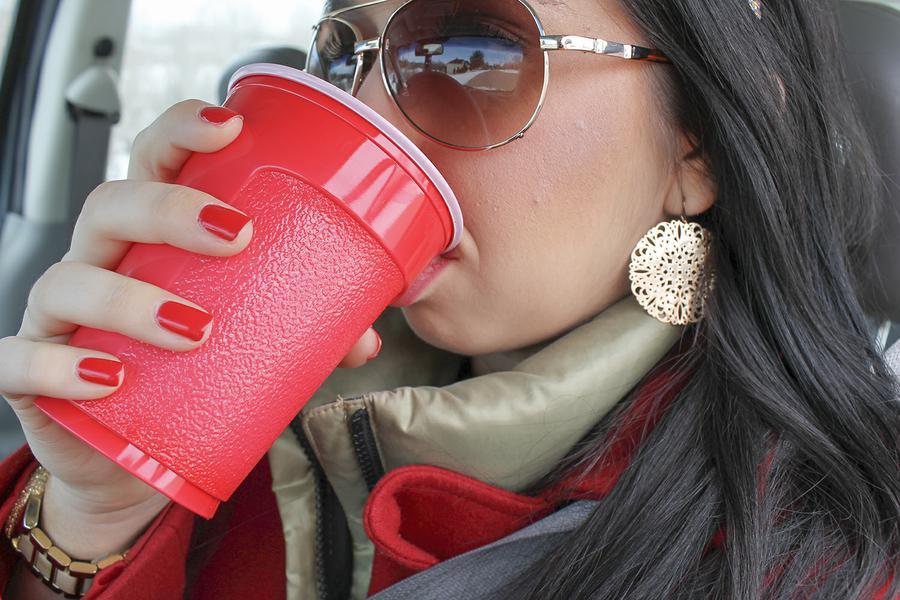MU freshman Kathryn McDonnell distinctly remembers the moment when she learned one of her favorite high school teachers, Janet Esrock, had been killed by a drunk driver.
Esrock was driving with her son one night in 2011 when Patrick McCormick struck their vehicle head-on. His blood-alcohol content was far above the legal limit.
Both Janet and her son Jonathan Esrock, who was in McDonnell’s grade, were taken to the hospital. Jonathan survived, but Janet died from injuries sustained from the crash. The news of Janet’s death devastated the entire school, McDonnell said.
“It was kind of a shock that something that tragic could happen to someone that we all loved,” McDonnell said. “It sparked a huge discussion on how we could make our whole world safer.”
McDonnell was a sophomore in high school at the time of the accident, but she said the memory of having Janet as a teacher, and her death, has stuck with her throughout the years.
Impaired driving was the cause of 30 percent of all deaths that occurred on Missouri’s roadways in 2013, according to a Columbia Police Department news release. To prevent future deaths caused by impaired driving, CPD is cracking down on the issue.
CPD received a $28,000 grant from the Missouri Department of Transportation’s Highway Safety Division to help with these efforts this fiscal year, CPD traffic unit supervisor Sgt. Curtis Perkins said. The fiscal year goes from Oct. 1 to Sept. 30.
About $16,000 will go to sobriety checkpoints, $4,000 to saturation patrols and $4,800 to other agencies that assist them, Perkins said. The remaining amount goes to the salaries of officers who work on stopping impaired driving as well as equipment.
A sobriety checkpoint is a stationary spot where police officers look for signs of intoxicated drivers. Clues include lane violations, having no headlights on, speeding and more, Perkins said. Saturation patrols refer to officers who drive around, also looking for impaired drivers.
“Safety is our bottom line,” Perkins said. “We’re looking out for the public’s interest and getting impaired drivers off the roadway, who pose a significant danger to innocent people.”
The Missouri Zero Tolerance law states that any person under the age of 21 caught driving with any amount of alcohol in their body will have their license suspended and be charged with a Minor in Possession.
The first time a person is caught driving intoxicated, their license is suspended for 90 days total. The first 30 days of this suspension revoke driving privileges entirely. After those 30 days, they are allowed 60 days of restrictive driving, where they’re allowed to drive to and from work primarily, Perkins said. A second offense results in a revoked license for one year, a fine of up to $1,000 and up to one year in jail.
If you are found guilty of a second alcohol-related traffic offense, you will be required to install an ignition interlock device on your vehicle before restoring your driving privileges. This is essentially a breathalyzer, which one blows into in order for their car to start, Perkins said. If one breathes any trace of alcohol into it, the car won’t start.
When an MU student is caught driving impaired, they are arrested and also referred to MU’s Office of Student Conduct, MU Police Department spokesperson Brian Weimer said.
“It’s a danger to the campus community,” he said. “People could be injured or killed and not just other drivers but pedestrians and such in the area of the streets.”
Weimer also said MUPD coordinates with the peer educators of Alcohol and Drug Abuse Prevention Team/Peers Advocating Wellness Solutions, located in the Wellness Resource Center. ADAPT/PAWS is an MU organization that educates students on wellness issues, including alcohol and drug issues.
“We’ve tried to make a proactive approach to make sure people know the dangers,” Weimer said.
CPD is planning to have six to eight sobriety checkpoints during this fiscal year. They will most likely plan checkpoints during St. Patrick’s Day and around graduation time in May, Perkins said.
MU freshman Shelby Gyger has also been personally affected by impaired driving. One of her high school friends died from driving drunk.
Gyger said she gets upset when others drive impaired. While she admits calling taxi services or STRIPES can sometimes take longer than desired, she said it’s worth the wait. Otherwise, Gyger urges students to call a friend or a parent to pick them up.
“You hear ‘don’t drink and drive’ — we all know it; we’ve all heard it since we were like four,” she said. “But you don’t really understand the impact of it until it happens.”








